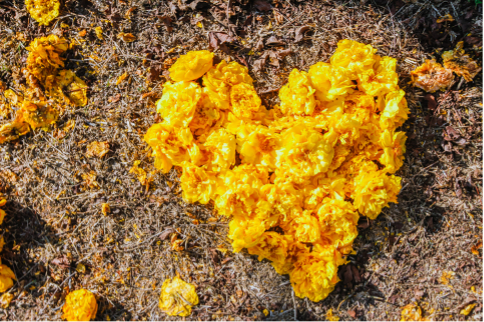Conclusion
 Thank you for participating in the MBH Study Modules. As health care practitioners your time is valuable, and we acknowledge that continued medical education is often an individual commitment.
Thank you for participating in the MBH Study Modules. As health care practitioners your time is valuable, and we acknowledge that continued medical education is often an individual commitment.
We hope that these modules were informative and provided opportunities to explore your own personal and professional positionality as a healthcare provider, an overview of the history of Indigenous health and social determinants, as well as insights into providing culturally safe CVD/s care to Indigenous women and how primordial prevention applies to your practice.
Upon completion of these modules, you should now be able to apply your knowledge of current CVD/s statistics amongst Indigenous women, with specific attention to sociocultural factors, including the roles of women within Indigenous society. You should also be able to articulate your own positionality both within and outside of the healthcare system with a specific focus on your responsibilities to Indigenous Peoples, drawing upon the responsibilities outlined in these modules, as well as the cultural safety principles detailed throughout.
We hope these modules have facilitated reflection on how your practice as a healthcare practitioner might change when interacting with Indigenous women patients experiencing CVD/s, including the benefits of wholistic, culturally safe, and trauma-informed approaches to your practice. We aimed to provide the resources for practitioners to interact with their patients with a good mind and open heart to provide the best possible outcome for all.
Please ensure you fill out our post-test questionnaire as the content of the modules will be revised pending feedback from study participants. There have been many promising changes to Indigenous health policy in recent years, and the widespread adoption of cultural safety principles. However, more can be done to ensure a high standard of care is being offered to Indigenous women and this training represents a step towards more research and consideration of the specific health challenges relevant to Indigenous women. We hope participants see improvement in the health outcomes of the Indigenous women they serve, and that this research becomes a part of a broader push to codify culturally safe standards of care for Indigenous people within Canadian health institutions.
Miigwetch (Anishinaabemowin/ Ojibwe)
Nyá:wen (Mohawk)
Ekosani (Cree)
Ahé’hee’ (Diné)
Nakurmiik (Inuktitut)
Maarsi (Michif)
